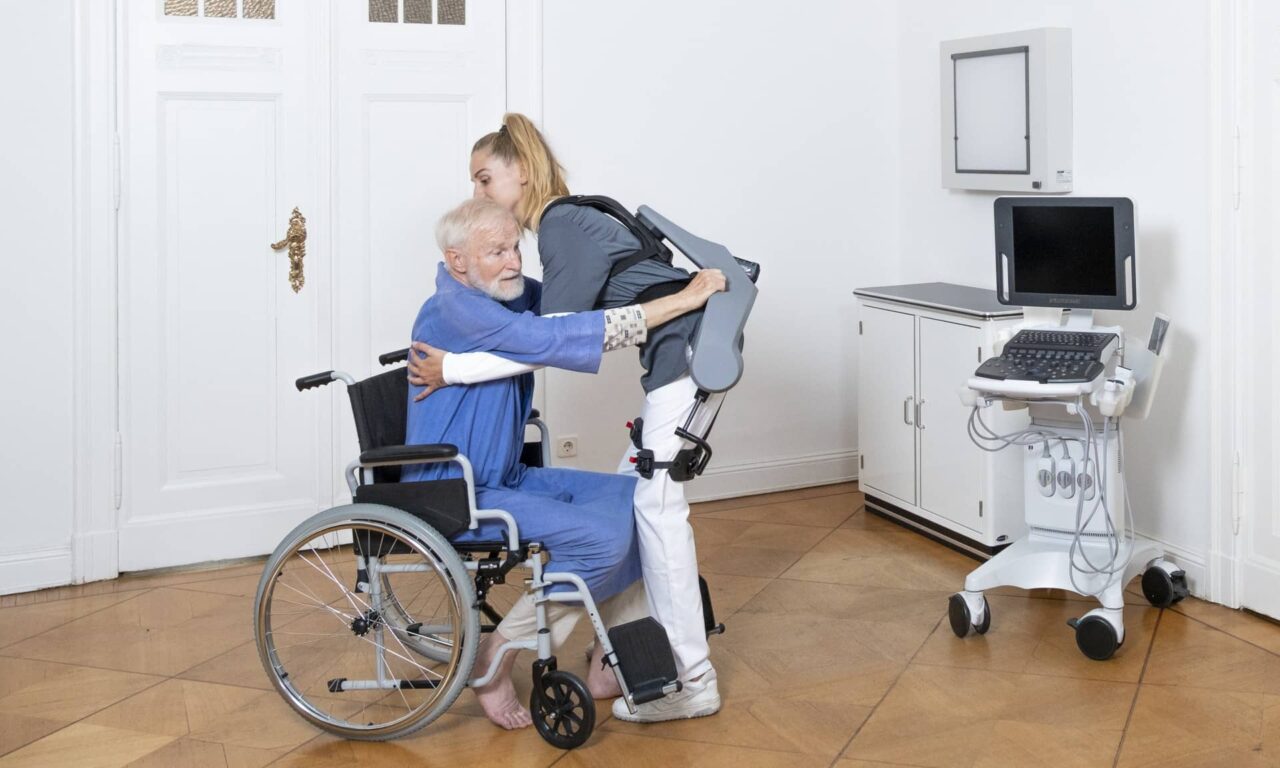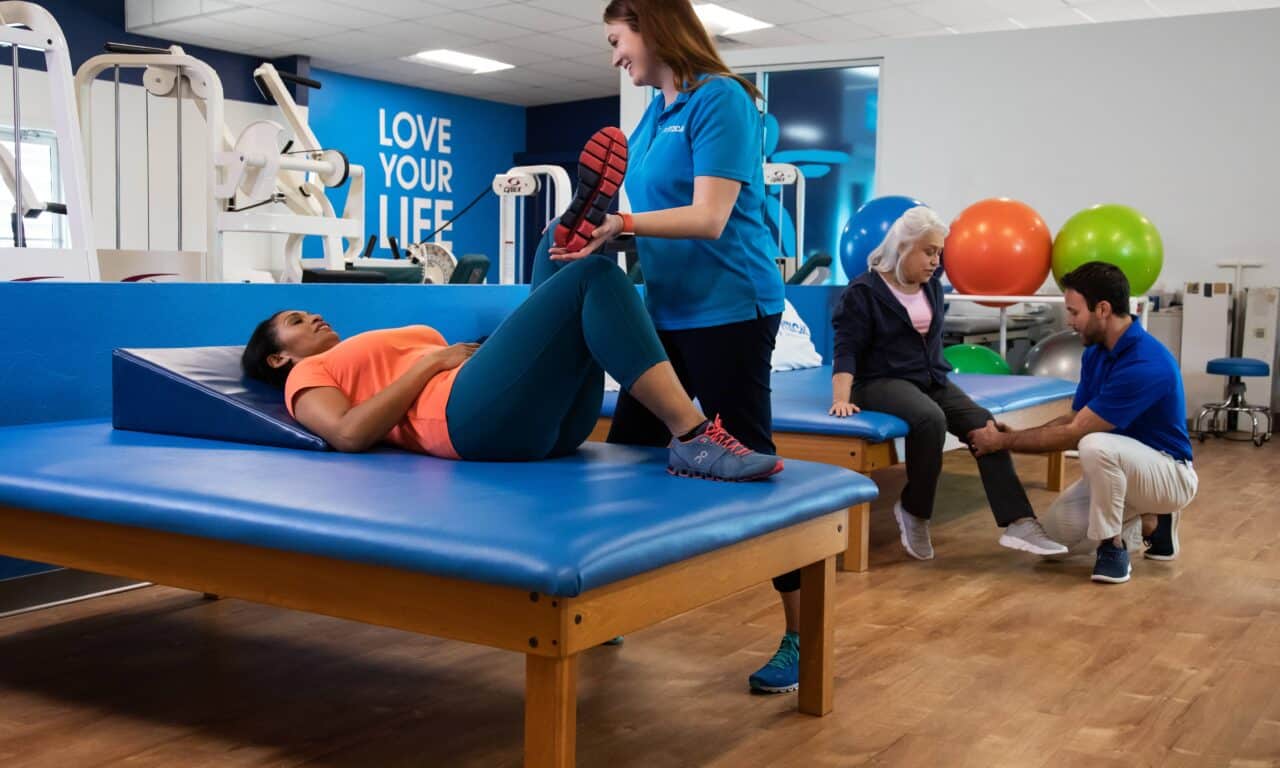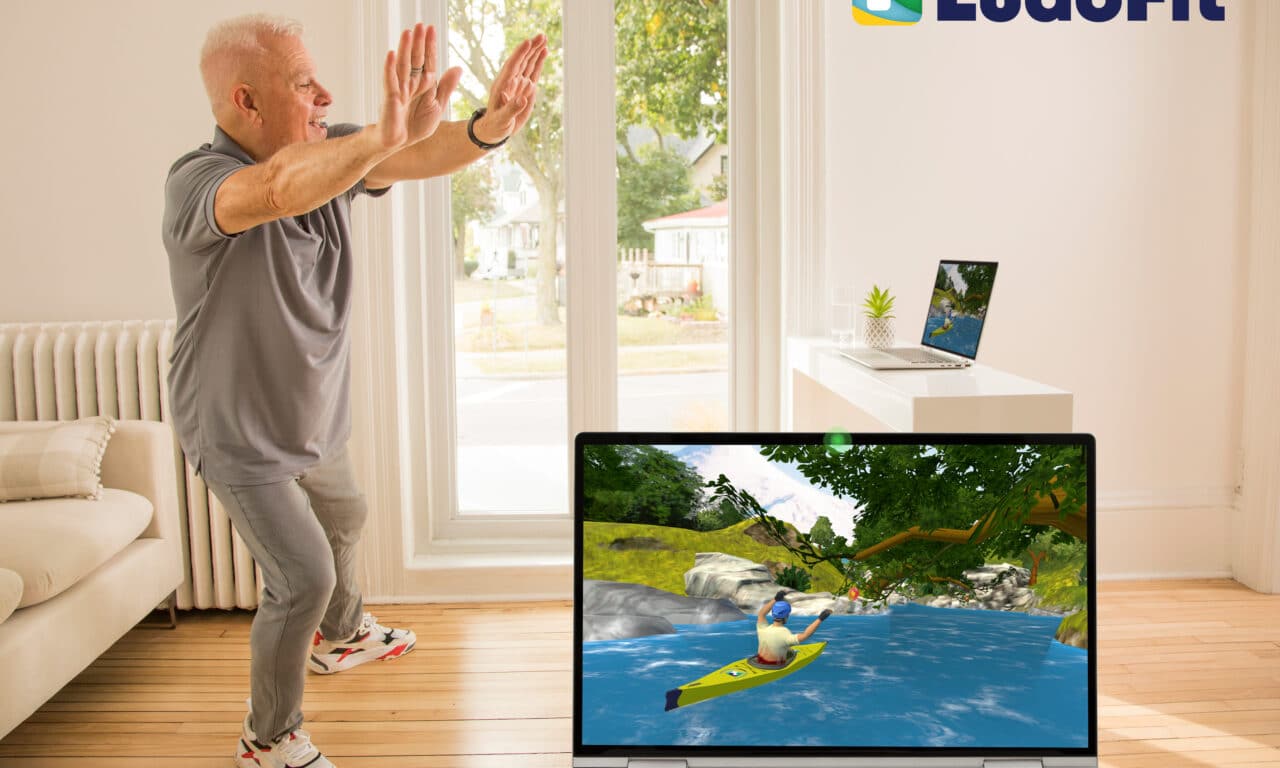German Bionic Launches Exia Augmented AI Exoskeleton
Exia, an exoskeleton powered entirely by Augmented AI, is designed to enhance worker safety and productivity across industries by learning and adapting in real time from billions of real-world data points.

























